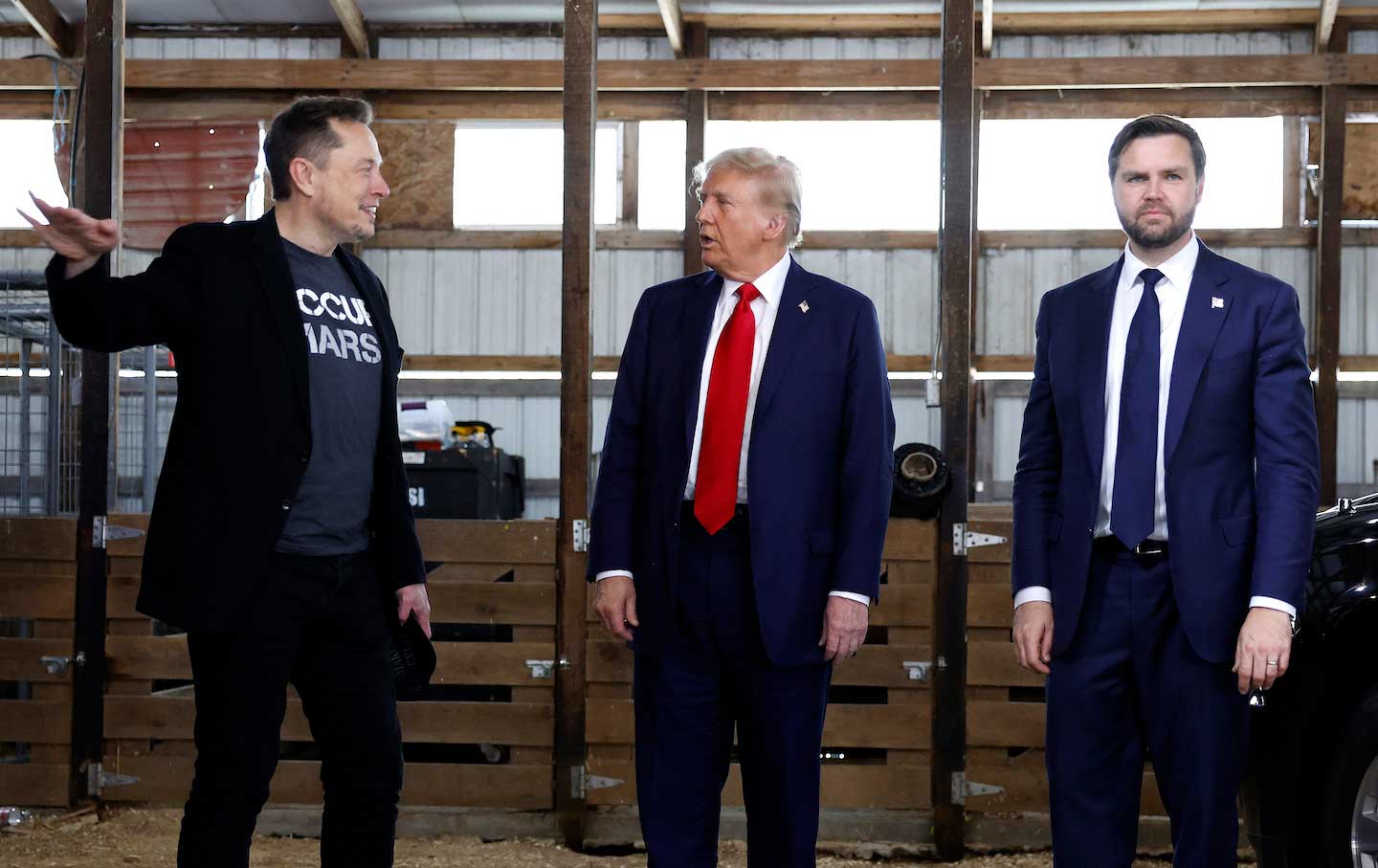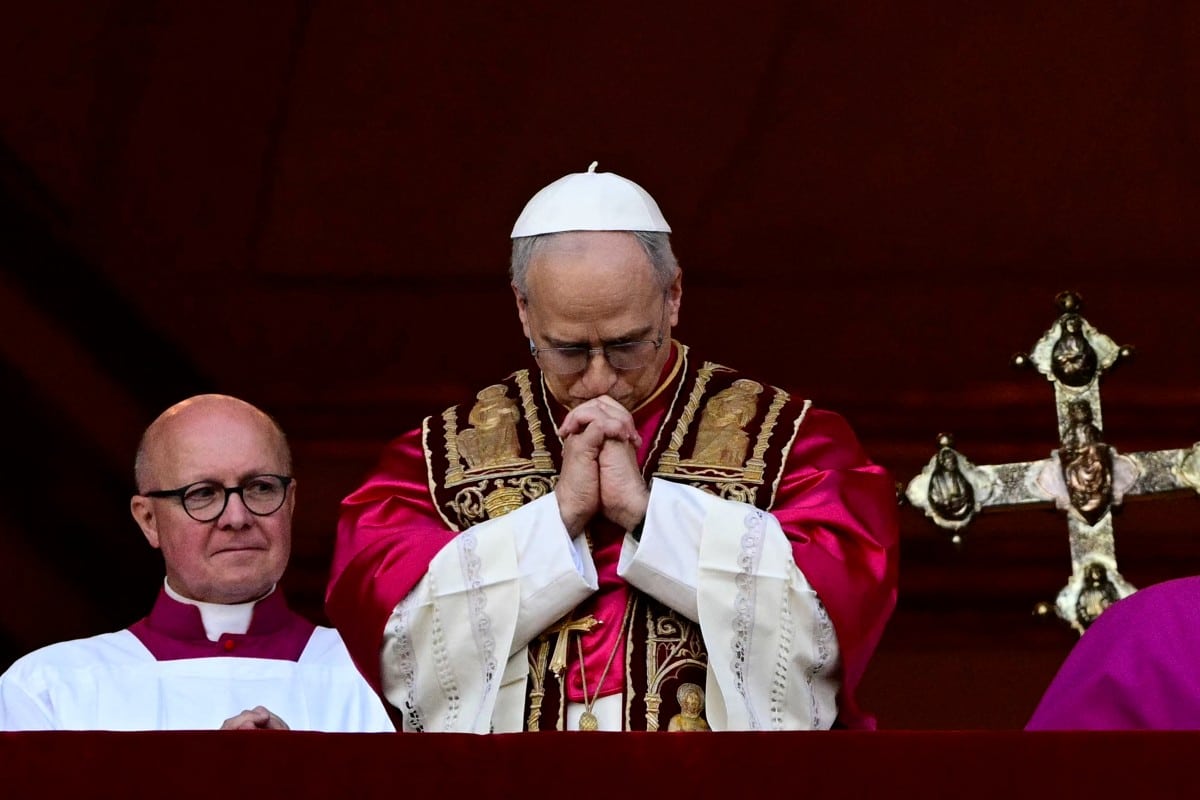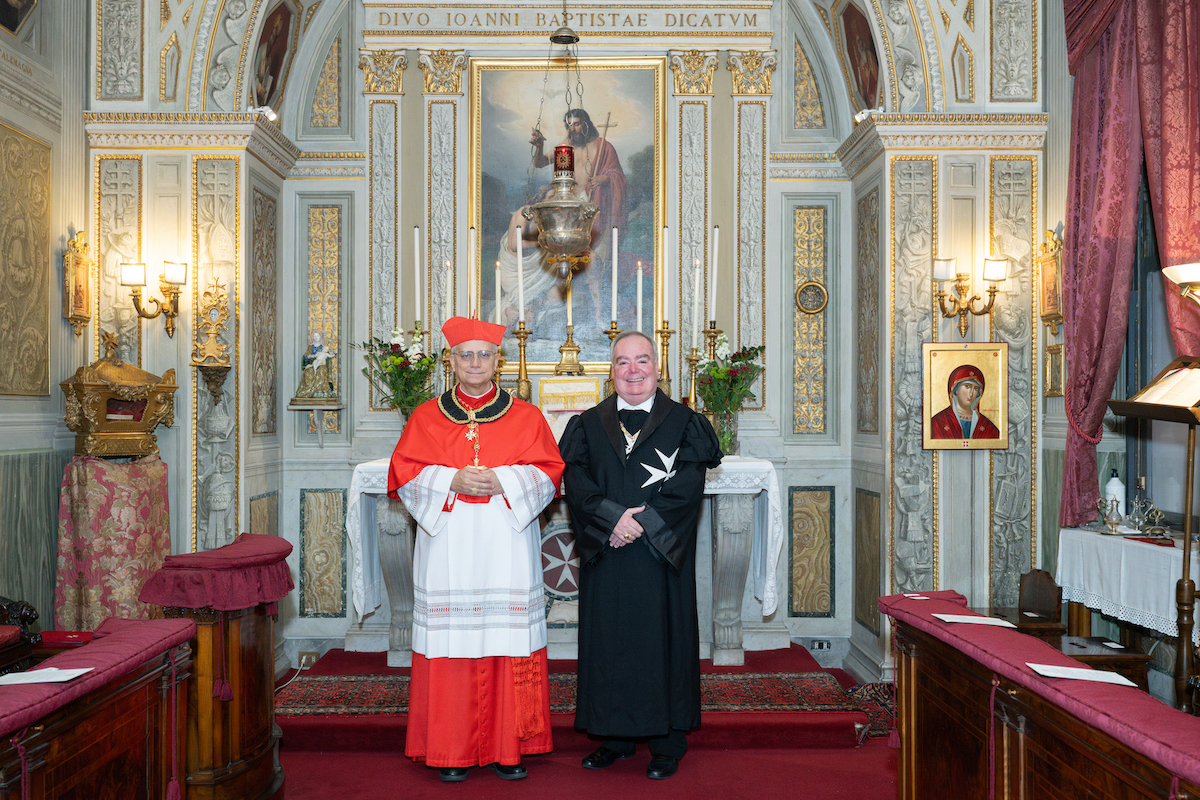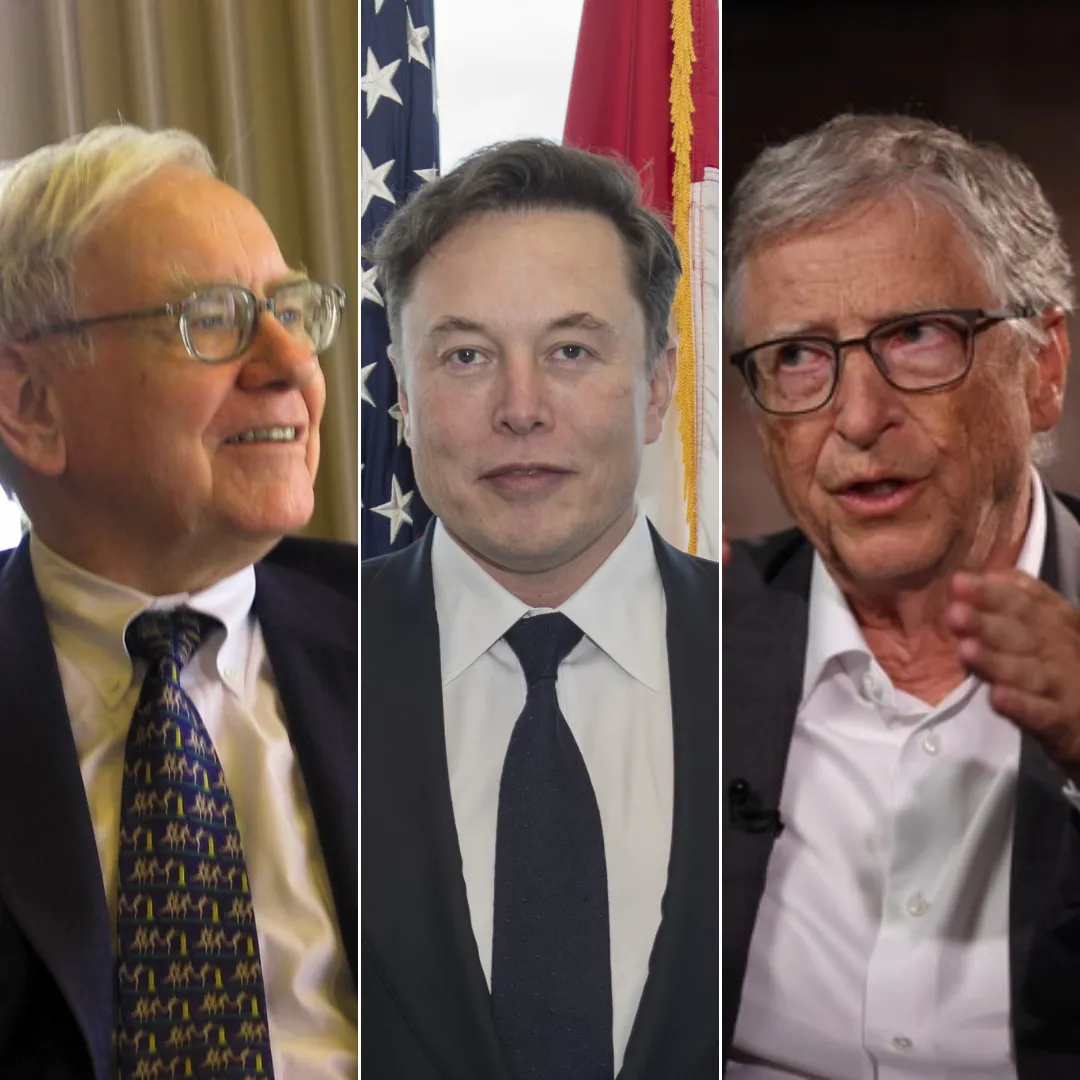
In a striking moment of religious-political analysis that blurred the line between faith and partisanship, Fox News contributor Raymond Arroyo suggested Thursday that the newly elected Pope Leo XIV’s sharp criticism of President Donald Trump may stem not from a political agenda, but from a spiritual mission rooted in Catholic tradition. The comments came as U.S. conservatives began reckoning with the emergence of a pope whose American roots have not translated into alignment with Trump-era policies, particularly on immigration.
On Thursday, during a Fox News segment hosted by Will Cain, Arroyo — who also serves as a prominent Catholic commentator on the Eternal Word Television Network — sought to contextualize Pope Leo XIV’s history of vocal opposition to anti-immigrant rhetoric and his recent social media critiques of figures like Vice President JD Vance.
Arroyo offered what he framed as a theological rationale behind the pontiff’s political stances: “All popes are going to support migrants, support the poor, support peace. Their heart goes out to humanity — that’s with the job. Jesus would do the same.”

The conversation unfolded after Cain posed a delicate question: How does Pope Leo XIV's “vision” for the Church compare to that of Pope Francis? Cain acknowledged that the papacy is not a political office per se, yet noted that questions of ideology — especially on issues like climate change, diversity, and global equity — have come to dominate public perceptions of religious leadership.
With Leo XIV’s election, those ideological questions have come roaring back to the forefront of American discourse, especially on conservative media.
The backlash from MAGA-aligned commentators and influencers was swift. The new pope’s record — which includes multiple reposts and statements against Trump’s refugee bans, his administration’s treatment of immigrant children, and even direct criticism of JD Vance’s Christian hierarchy of love — has led some right-wing media voices to label him a “liberal” or “leftist,” despite his deeply traditional roots.
Among the most contentious episodes cited by critics was Leo’s decision earlier this year to reshare an op-ed titled “JD Vance is wrong: Jesus doesn’t ask us to rank our love for others.” The piece rebuked the vice president for comments made on Fox News, where he explained that Christian love should prioritize family and country before the rest of the world.

For Leo XIV, the Catholic idea of universal love clearly conflicts with that hierarchical worldview — a position consistent with the teachings of Christ, but politically explosive in today’s climate.
But it is Leo’s opposition to Trump’s immigration policies that has generated the most controversy. In 2017, Leo publicly opposed the refugee bans enacted by Trump’s administration. More recently, he reshared content criticizing Trump’s handling of a case involving Kilmar Abrego Garcia, a Maryland man wrongfully deported to El Salvador and imprisoned there under dangerous conditions.
In that post, Leo implicitly rebuked both Trump and Salvadoran President Nayib Bukele, demanding that conscience and justice take precedence over political expediency.
Fox host Sean Hannity, a longtime Trump ally, was quick to characterize the new pope as another product of liberal indoctrination. Referencing Leo’s criticism of detaining immigrant children in cages, Hannity reportedly said there was “nothing remotely Christian” about that view — a statement that sharply contrasts with the teachings of numerous Catholic leaders, including Pope Francis and major U.S. bishops.

Media watchdog group Media Matters for America flagged Hannity’s remarks as emblematic of a larger right-wing trend of framing Catholic compassion as political betrayal.
Former Republican Senator Rick Santorum added to the backlash, criticizing Leo for using what he called “buzzwords of the left.” Santorum did not elaborate on which words he found problematic, but his comments echoed a familiar GOP strategy of dismissing humanitarian language — such as "justice," "inclusion," or "equity" — as evidence of progressive ideology invading the Church.
Still, not all reactions were dismissive. Arroyo, though acknowledging the criticism, attempted to portray Leo XIV as someone rooted in Catholic tradition who may ultimately bridge the divide between progressives and conservatives.
He cited the pope’s choice to appear in a traditional mozzetta — a short red cape not worn by Pope Francis for over a decade — as a symbolic return to ecclesiastical decorum.
“We frankly haven’t seen this in 12 years with Pope Francis,” Arroyo noted. “So maybe Leo will be, as he mentioned in his speech today, a bridge-builder.”

The use of traditional papal vestments, often embraced by conservative Catholics who long for the pre-Vatican II Church, sent mixed signals across the ideological spectrum. For many, the visual cues suggested a pope who respects tradition.
But for others, those symbols were contradicted by Leo’s outspoken moral advocacy for migrants, economic justice, and compassion-driven theology.
Underlying this entire debate is a profound question: Can a religious leader’s opposition to policies that harm the vulnerable be considered “liberal,” or is it simply the essence of Christian leadership? Fox News’s framing — and Arroyo’s suggestion that Leo’s actions reflect divine empathy rather than partisan ideology — attempted to reposition the pope’s views as theological rather than political.
But the American media landscape, particularly on the right, is unlikely to accept that dichotomy without a fight.
Cain concluded the segment by noting that Pope Leo XIV’s stance on climate change, diversity, equity, and inclusion will be critical indicators of whether he continues Pope Francis’s more progressive path or forges a different legacy. Yet for now, Leo seems to walk the same bridge Francis tried to build — one between Catholic doctrine and modern global challenges.
As political and media battles continue, Pope Leo XIV’s emerging profile may test the boundaries of papal neutrality in the digital age. In a world where compassion is increasingly politicized, and tweets are forever archived, the question may no longer be whether a pope is left or right — but whether the Church can still speak moral truths without being pulled into partisan war zones.
In that context, Arroyo’s remark on Fox News — that “Jesus would do the same” — feels less like a defense and more like a quiet warning. For Pope Leo XIV, the real challenge may not be opposing power, but holding fast to the Gospel in a world that labels love itself as ideology.



-1742119610-q80.webp)
